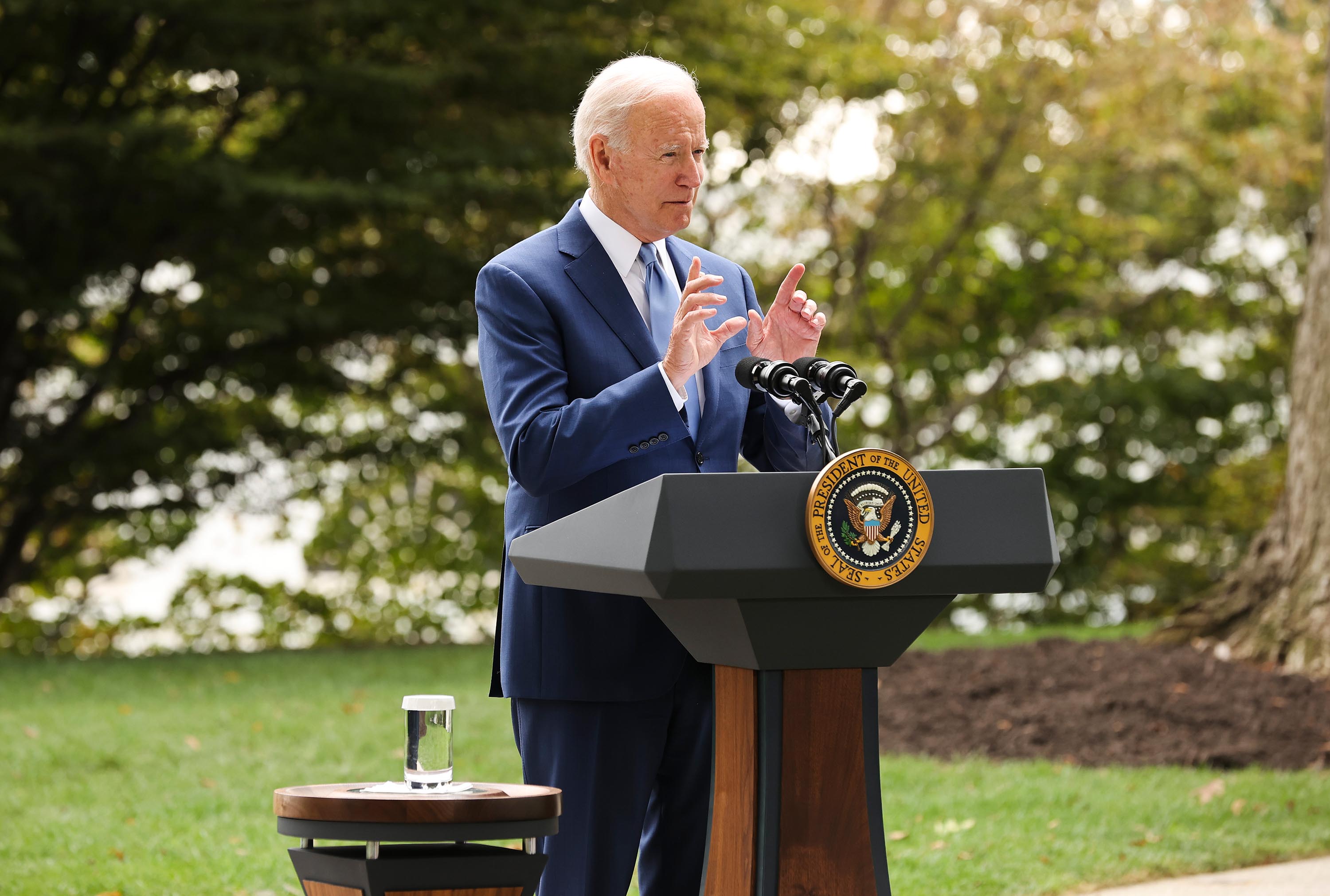
The US government is stepping up its efforts to relieve the supply chain nightmare that has led to shortages of some goods, higher prices for consumes and now threatens to slow the economic recovery.
President Biden will meet with senior officials and stakeholders today to discuss collective efforts to address global transportation bottlenecks and then give a speech on Wednesday.
Port operators, truckers' associations, labor unions and executives from Walmart, FedEx, UPS and Target will attend the talks.
The White House will work with companies and ports on a "90-day sprint" to alleviate bottlenecks, according to a senior administration official. Some will start working 24/7 to address the backlogs.
The Port of Los Angeles will move to 24/7 service, bringing it into line with operations at the Port of Long Beach, which is already working on a 24/7 schedule, the official said. Those two ports handle 40% of container traffic in the US.
Around the world, ports are congested as a result of the rapid rebound in demand for commodities and goods as much of the global economy has recovered from the pandemic. Shipping costs have soared, and companies wanting to move goods around are struggling because there just aren't enough ships or containers available.
All the while, prices are going up for consumers.
Read more about Biden's meetings today here.